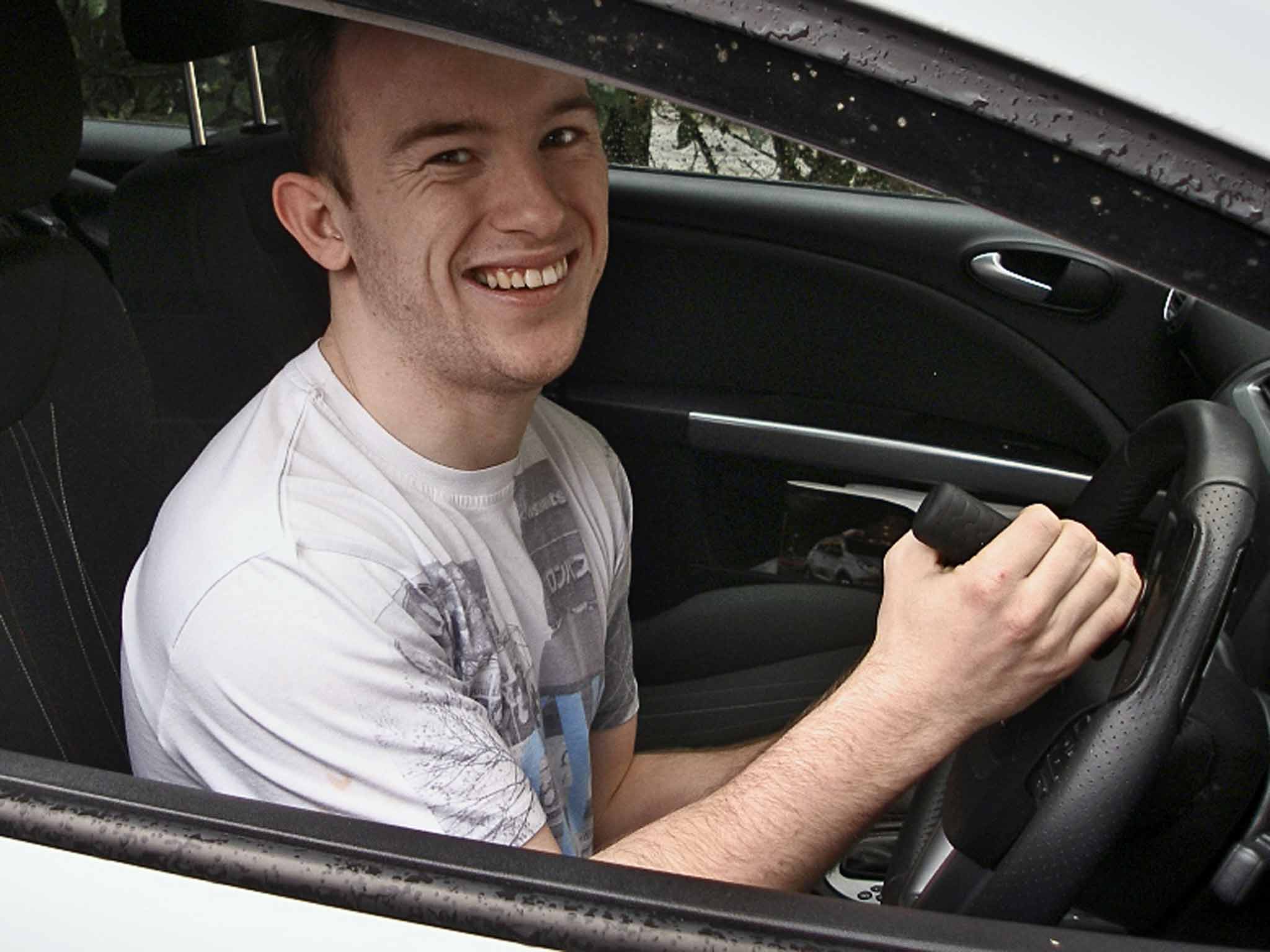21 Up: New Generation, BBC1 - TV review: A more diverse Britain is worth celebrating

Your support helps us to tell the story
From reproductive rights to climate change to Big Tech, The Independent is on the ground when the story is developing. Whether it's investigating the financials of Elon Musk's pro-Trump PAC or producing our latest documentary, 'The A Word', which shines a light on the American women fighting for reproductive rights, we know how important it is to parse out the facts from the messaging.
At such a critical moment in US history, we need reporters on the ground. Your donation allows us to keep sending journalists to speak to both sides of the story.
The Independent is trusted by Americans across the entire political spectrum. And unlike many other quality news outlets, we choose not to lock Americans out of our reporting and analysis with paywalls. We believe quality journalism should be available to everyone, paid for by those who can afford it.
Your support makes all the difference.Michael Apted's original Up series still stands as the greatest documentary achievement in British television history. But as of 2012's eighth episode, the original participants had all reached their fifties, so it stands to reason that the BBC would see an opportunity for a youthful twist.
21 Up: New Generation (BBC1) is the third instalment of this second cycle, first aired to coincide with the millennium. Like the original, it features 14 participants, selected to reflect contemporary Britain and filmed at intervals of seven years.
A summary alone should give you a sense of how much Britain has changed over the past half-century. Apted's 14 included three boys from the same prep school, but only four girls and one non-white participant – arguably a fair representation of British public life in 1964. As they teeter on the brink of adulthood, director Julian Farino's new batch are students and full-time workers, deeply religious Christians and lapsed Muslims, anti-sectarian activists and party animals. They are of Nigerian, Pakistani and Romanian descent and hail from all corners of the United Kingdom. As such, these two films (the concluding part airs tonight) not only reflects a more diverse country, but also a media culture that feels bound to reflect that diversity.
One of the most cheering transformations in the past seven years was that of Ryan from Bolton. At 14 he seemed depressed about the limitations cerebral palsy might place on his future. At 21 he's driving confidently towards that future in his own car and turning his love of physical activity into a fulfilling career in sports.
Ryan also shared with his contemporaries an emotional sophistication that wasn't really evident in the original series. They discussed divorced parents, recent bereavements and dashed dreams with the kind of calm insight it's supposed to take several years of therapy to acquire. Science student Orala and jet-setter Alexandra are prioritising self-improvement over romance. Builder John and computing student Jamie pride themselves on their financial self-sufficiency. Oliver and Stacey have already upped sticks and moved half way around the world.
But for all their maturity, these millennials are deferring many of the milestones that once marked the onset of adulthood. Marriage isn't on anyone's radar and many, including independent thinker Asif, are determined to live life according to their own inclinations, whatever the rest of the world might say.
As for the premise-inspiring Jesuit saying – "Give me a child until he is seven and I will give you the man" – it's proving a little more complicated than that. While class and money clearly still play their part, the paths of individual lives can be reassuringly unpredictable.
Join our commenting forum
Join thought-provoking conversations, follow other Independent readers and see their replies
Comments